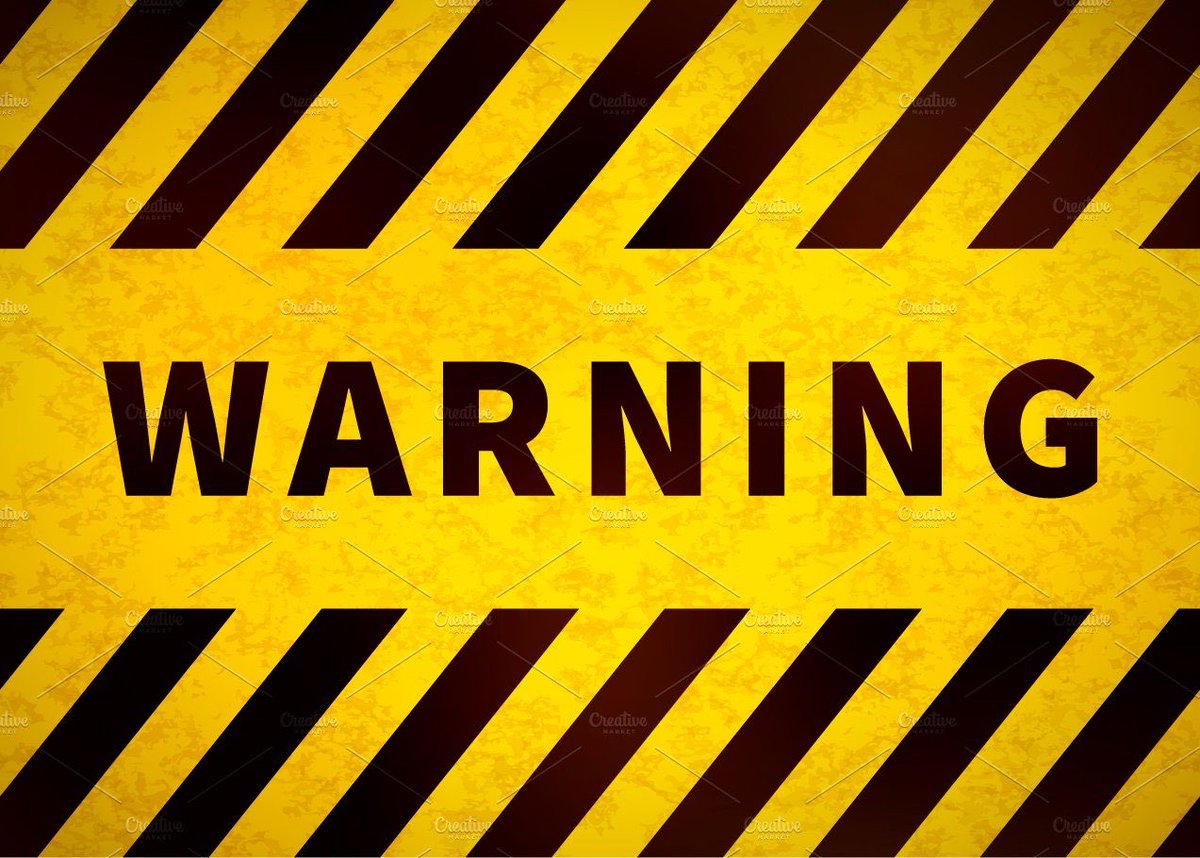
Warning. Election insiders construe these phrases 2 include controversial touchscreens that mark paper 4 u:
* “voter marked paper ballots”
* “voter verifiable paper ballots”
* “voter verified paper ballots”
* “paper ballots”
If we want #PenAndPaper, we must say #PenAndPaper 1/
* “voter marked paper ballots”
* “voter verifiable paper ballots”
* “voter verified paper ballots”
* “paper ballots”
If we want #PenAndPaper, we must say #PenAndPaper 1/

Alternatively, you can get what you want by including the phrase “hand marked” before the phrase “paper ballots.” #HandMarkedPaperBallots. But I find that this confuses people who then reply “Yes! Paper ballots!” Which of course can now mean touchscreens. 2/
It has been a messaging nightmare. I find #PenAndPaper works better. So that’s what I usually say now. #PenAndPaper (with an exception for voters with disabilities). 3/
One of the big concerns with touchscreens is potential vote flipping, as occurred in Georgia & Texas in 2018. Adding paper does not alleviate this concern. As with paperless machines, the concern isn’t voters who notice and correct the problem, but rather voters who don’t. 4/
Studies have long shown that most voters don’t notice when a touchscreen has flipped or omitted their intended selections. A recent study showed that only 7% of voters notice. 5/ news.engin.umich.edu/2020/01/new-st…
Even when voters notice, there is no way for them to prove that it was the touchscreen’s fault, as opposed to user error. This is what happened in TX in 2018. The vendor blamed problems on user error. 6/ dallasnews.com/news/2018/10/2…
The code is proprietary so there is no way for voters, candidates or even election officials to know if what the vendor claims is true. 7/
Sometimes vendors attribute vote flipping on touchscreens to miscalibration. Miscalibration can be either unintentional or deliberate. Vendors always say that it’s unintentional. Again, there is no way for voters, campaigns, or even election officials to verify this. 8/
In the study in post 5, instructing voters to review the printouts did not significantly improve error detection. The only thing that did is if voters compared the printout to a pre-filled slate, such as a sample ballot. But most voters don’t know to do this. 9/
In 2020, I was one of the only people I saw trying to warn voters that, if they vote on a touchscreen, it is crucial that they compare the touchscreen printout to a completed sample ballot, which they must bring with them to the polls. 10/
Proponents and defenders of touchscreen systems issued no such warnings, despite being fully aware of the study in post 5. 11/
Touchscreens are also more prone than #PenAndPaper to bottlenecks and long lines. If a corrupt or inept official doesn’t send enough working touchscreens to certain polling places, then massive lines ensue. By contrast, it is easy to scale up with #PrnAndPaper. 12/
Jill Stein learned this the hard way in PA. She had apparently wanted #HandMarkedPaperBallots, but her settlement agreement called for “voter verifiable paper ballots,” which PA construed to allow touchscreens (BMDs) for everyone. I predicted the problem, & it came to pass. 13/ 



Here’s the Stein Settlement calling for “voter verifiable paper ballots.” To try to stop touchscreen (BMD) purchases, she was stuck arguing the meaning of “voter verifiable.” It didn’t go well. Some large PA counties bought touchscreeens for all. 14/ d3n8a8pro7vhmx.cloudfront.net/jillstein/page… 

In 2019, one third of Northampton county’s new ES&S touchscreens (BMDs) were miscalibrated. This is NOT the sort of thing thst builds voter confidence. 15/ apnews.com/article/ae388f…
In short, if you want pen and paper, you gotta specify #PenAndPaper of include the phrase “hand marked” before the phrase “paper ballots.” #HandMarkedPaperBallots (exception for voters with disabilities). TY! 16/
Expert paper: “BMDs [touchscreens that Mark paper for you] cannot assure the will of the voters.” By @philipbstark @rad_atl 17/ cs.princeton.edu/~appel/papers/…
“‘The implication of our [new] study is that it’s extremely unsafe [to use Ballot Marking Devices], especially in close elections,’ Alex Halderman, a Univ. of Michigan computer science professor & one of 7 authors of the study, said in an interview.’” 18/ washingtonpost.com/news/powerpost…
BMDs (touchscreens that mark paper for you ) take voters longer to use than #PenAndPaper. 19/
https://twitter.com/segreenhalgh/status/1232000197875687424
20/ @RGarella read a “list of 600 complaints ... re: Philadelphia’s new $29 M ES&S BMDs. These ranged from paper jams to screen freezes, machines not powering on, system lags, calibration issues, card errors, & machines spitting out & not reading ballots.” whowhatwhy.org/2020/05/27/tou… 

• • •
Missing some Tweet in this thread? You can try to
force a refresh



